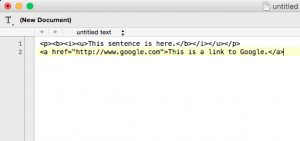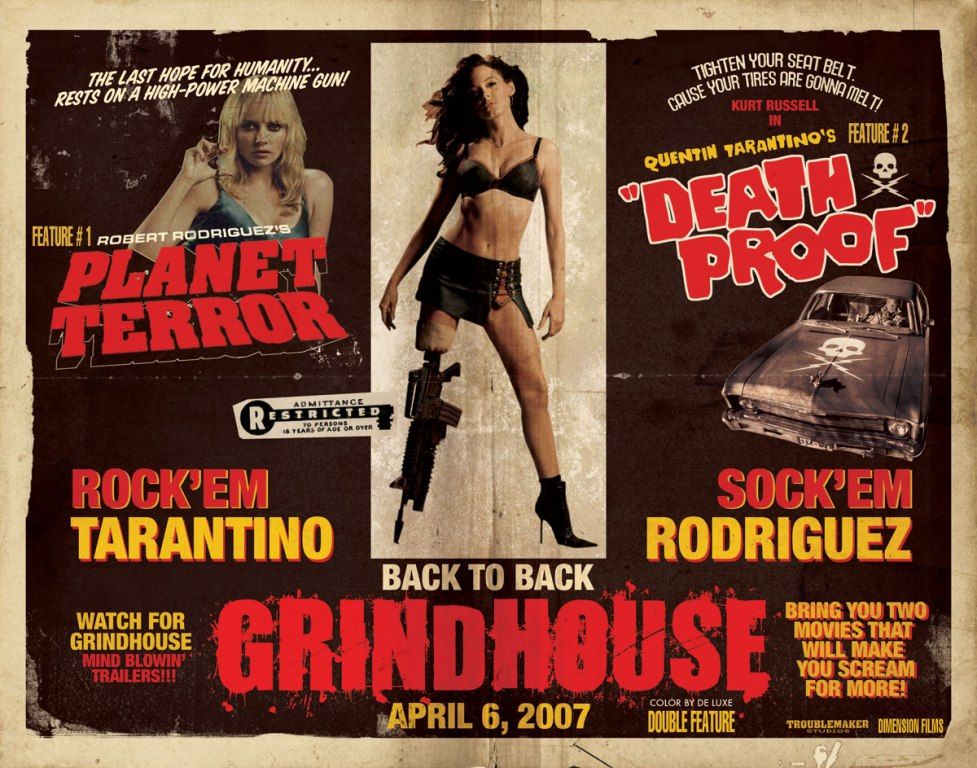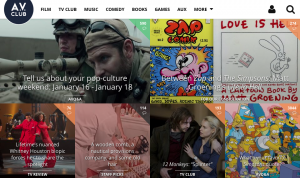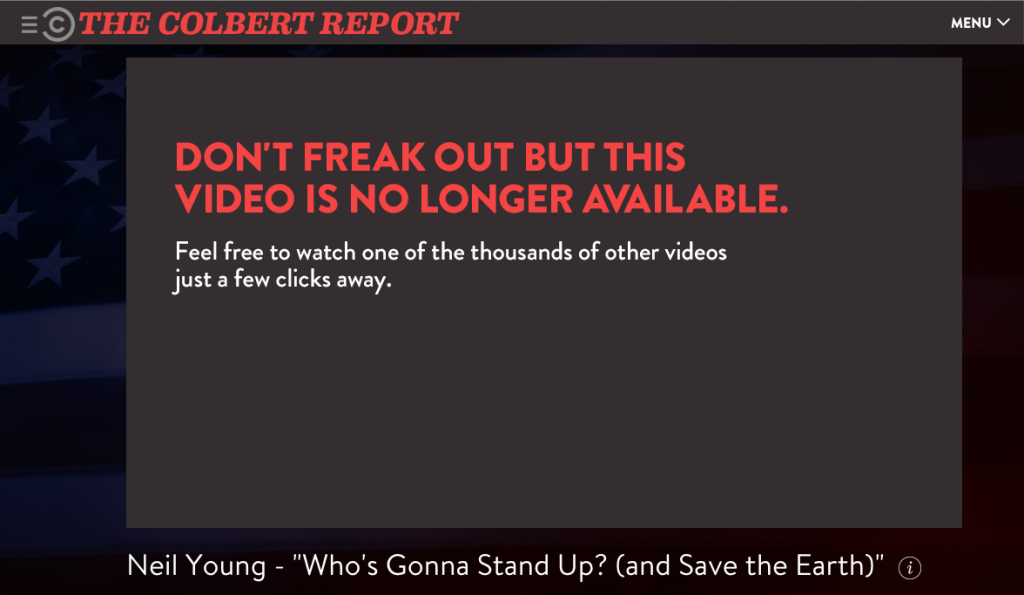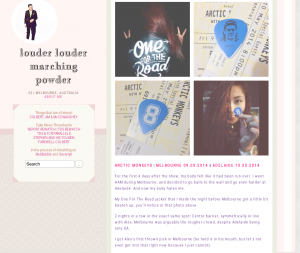This week’s reading bundle included an article entitled “The Long Tail” by Chris Anderson for Wired in 2004. The article describes the rise of niche markets over purely mainstream entertainment.
The rise is attributed to ‘The Long Tail’, in which selling more is (wouldn’t you guess it) selling more. A business model in which providers make many, many things available, both mainstream and eclectic, to capture a larger audience; a model which had previously been more difficult to accomplish without the Internet marketplace we have today.
In 2004, when the article was published, these 3 rules were listed for the ‘new entertainment industry’:
- Make everything available.
- Cut the price in half. Then lower it.
- Help me find it.
We’re now 11 years past the establishment of the aforementioned article, and with these 3 rules working hand in hand and in full force, there is an audience. We now see online marketplaces gaining steam such as Netflix, Amazon, iTunes, and Spotify, and brick-and-mortar establishments are also finding ways to break into the booming online marketplace. I certainly remember when my last Blockbuster finally gave in.
Now I’ve seen this model work first hand. Sure, my generation seems to be all about the piracy, but if I can find remastered original doo-wop classics from the 50’s at a good price, then you bet I’ll shell out to have the best quality I can get. I just need to have it available to me.
But with a slight focus on the Blockbuster/piracy/Netflix phenomenon in this post, the Long Tail makes itself completely relevant. For example, comparing what is available to consumers now, it almost seemed silly for Blockbuster to continue with it’s business model without taking into account how they would adapt with the new distribution methods taking shape. Blockbuster did however take into account ‘what customers wanted‘ which to them, was the ‘latest, greatest hit’.
What Anderson’s article presents is that these blockbuster (heh) movies of course had an audience, but if there was no hit, there was no pull. The Forbes article ‘The Internet Didn’t Kill Blockbuster, The Company Did It To Itself‘ describes how Blockbuster could’ve incentivised their customer relations by recommending films that didn’t fall into the ‘blockbuster’ category that was initially bringing the customers into the store, much like the ‘if you liked this, you might like…’ method of recommendations we so often see in online marketplaces.
Though, the Forbes article also states that ‘Blockbuster didn’t lose its customers to Netflix NFLX +4.69% or digital; they’d already long ago stopped belonging to the company in anything other than name.’ I see this to be only half true. While the Forbes article appears to be focusing on Blockbuster’s demise in terms of the customer relations, Blockbuster did in fact lose it’s customers to digital.
Online, the vast, vast array of films available isn’t something that could’ve been available for Blockbuster, at least, not when it was alive. The Long Tail discusses niche markets that would’ve been difficult to tap into while in Blockbuster. Sure, they had arthouse sections and world cinema, but the little corner wasn’t enough for what is actually being produced. And of course, as a brick-and-mortar business, Blockbuster wouldn’t prioritise importing in titles that would only be rented maybe a handful of times a year, they’d lean to getting 40 copies of a summer hit that was sure to bring in the big bucks.
The countless films available to consumers online is possible because it doesn’t cost the online marketplaces much to make it available, at least not as much as a tangible, physical store would. Blockbuster hit the ground running on the idea that consumers would miss something big in the theatres, but they could find those titles in their establishment. What wasn’t taken into account was the larger market they could’ve tapped into, had they changed with the times and not simply continued on as they did.
Blockbuster failed to adapt with the ‘new entertainment industry’. The three rules as stated above could’ve been Blockbuster’s step-by-step comeback. They already had a name and a well-known reputation in their industry, they just failed to change their operations to suit their consumers’ needs.
I found the Anderson reading particularly relatable, and will hopefully be able to discuss more about the different industries and their relationships with The Long Tail.
